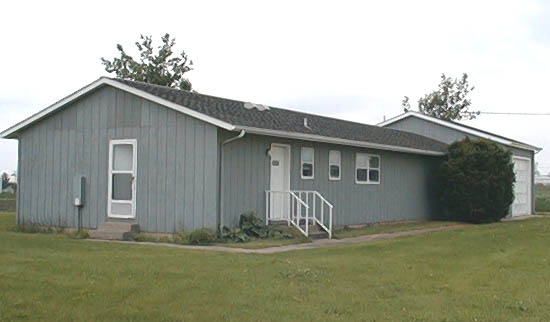Plant Clinic Preparing for 2007 | |
|---|---|
| April 11, 2007 | |
|
The University of Illinois Plant Clinic will be open for business on May 1, 2007. Please do not send samples until that time because no one will be there to open the door to the mailman. The Plant Clinic is a diagnostic lab that specializes in identification of disease pathogens, nematodes, insects and insect injury, weeds and herbicide injury (field crops only). Any plant problem submitted to the Plant Clinic will be assessed for cultural and environmental problems, limited only by the amount and quality of information provided. Sample types may include ornamental plants, fruit crops, vegetables, weeds, field crops, or turfgrass. The clinic Web site (http://plantclinic.cropsci.uiuc.edu/) provides information on how to submit a sample, sample fees, sample forms, clinic services, and links to other sites. Diagnostic responses and information on how to manage the problem will be returned to clients by U.S. mail and electronically (if an e-mail address is provided). Extension personnel, agricultural consultants, homeowners, and those in the green industry are our typical clients, but anyone may submit a sample. Be advised, however, that there is a small fee for all samples, regardless of sample source. The fee schedule is posted on the Web site and has not changed from last year. Most standard testing is $12.50 per sample. Specialty tests require more time and equipment, thus a higher expense. Payment must accompany the sample. The Plant Clinic is a member of the North Central region (http://www.ncpdn.org/DesktopDefault.aspx) of the National Plant Diagnostic Network (NPDN) and is the only Illinois lab recognized as an official NPDN lab. Plant Clinic personnel have been upgrading diagnostic techniques and now help monitor for Ramorum blight (aka sudden oak death), Asian soybean rust, legume viruses, emerald ash borer, giant hogweed, and other plant pathogens and pests that might be exotic invasive concerns in Illinois. Clinic data is recorded on a national database to help monitor pathogen and pest threats. | |
| Author: | Nancy Pataky |

